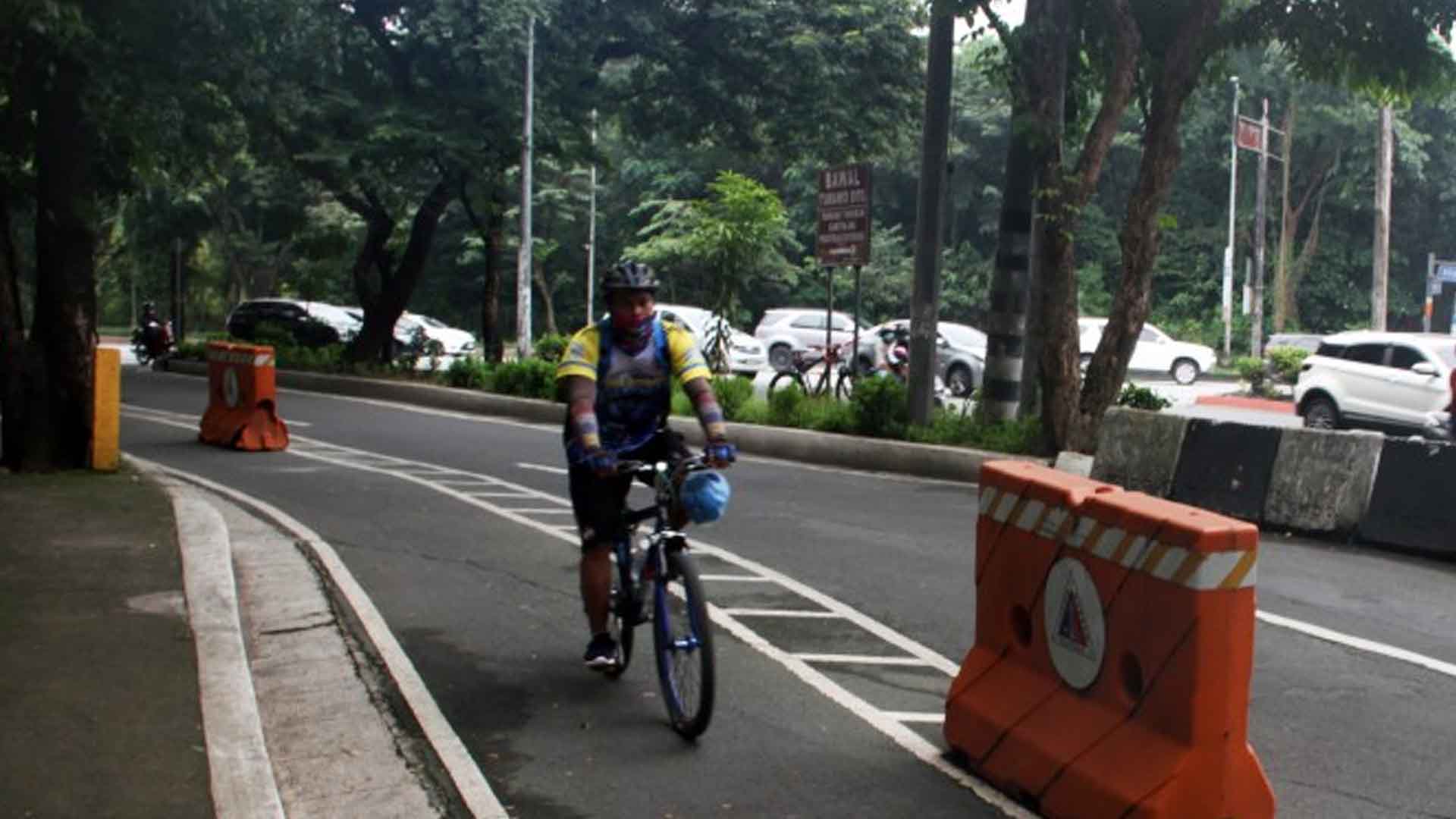These days, a bicycle is no longer just for exercise and recreation.
The two-wheeled vehicle has become a necessary means to go around – cheaper, easier to maintain, and can escape heavy traffic.
When the coronavirus disease 2019 (Covid-19) pandemic broke out three years ago and movement was nearly at a standstill, bicycle imports saw a 112 percent increase at 2.1 million in 2020 as against about 1 million units shipped to the country in 2019, according to the National Economic and Development Authority.
A recent survey of the Social Weather Stations (SWS) showed 87 percent of Filipinos prefer bicycles and public transportation to be given priority over private vehicles.
As of April last year, 7.3 million households owned a bicycle, a million more since May 2021, when SWS counted 6.2 million households.
In filing Senate Bill 1698 or the Bicycle Act, Senator Raffy Tulfo said the government must create a local bikeways office (LBO) to head the establishment of bike-related infrastructures.
“The pandemic boosted demand for bicycles, with people using them to commute, for exercise instead of going to gyms and to get some fresh air. Keen to stay fit and keep clear of infection, commuters around the world have turned to bicycles to get around during the coronavirus pandemic,” read the bill’s explanatory note.
The measure will update local ordinances, such as the one implemented in Marikina City in 1996 that allows the use of all streets, avenues, alleys, sidewalks, bridges, parks, and other public places as bicycle lanes.
Other cities and municipalities have since emulated Marikina, especially since the pandemic when the demand for bicycles soared.
The bill seeks to provide a framework for a bicycle law on a national level so that Filipino commuters may find a cheaper alternative to get to their destination while saving the environment from harmful emissions.
Under the bill, all main roads and highways shall be provided with bicycle lanes or bikeways identified by the LBO and under the supervision of the city or municipal engineering office.
The LBO will be an adjunct of the city or municipal engineering office and will manage the construction and maintenance of a bikeway network, including the identification of a bikeway roadmap; establish the provision of safe and strategic parking facilities, road signage, and maps, including the planting of trees in designated areas of the network; encourage partnership with local and foreign organizations to facilitate easy access to bicycles; conduct education and information drives on the benefits of using bicycles; and cause all bicycles operating on the bikeways to be registered and determine therefore the manner of such registration.
The LBO must maintain and keep a bicycle registry within 60 days.
Each city or municipality must provide parking areas funded by the local government unit by allocating 30 percent of their revenues from miscellaneous activities, such as parking and license fees.
On the part of the cyclist, aside from following road regulations, the rider shall keep one hand on the handlebar at all times; always wear a helmet properly where the chin strap is securely fastened; not cling to another vehicle while in the designated bikeway; not park in areas other than those specifically designated; not ride the bicycle on a sidewalk or crosswalk; and not carry anything on the bicycle unless it is in a basket, bag, rack, or trailer designed for that purpose.
Prohibited under the measure are modified bicycles on the bikeways or that which make the hands higher than the shoulders when gripping the handlebars; ownership or custody of a bicycle, which has a destroyed, removed, altered, covered or defaced serial number; and operating a bicycle at a speed greater than is reasonable. (PNA)







